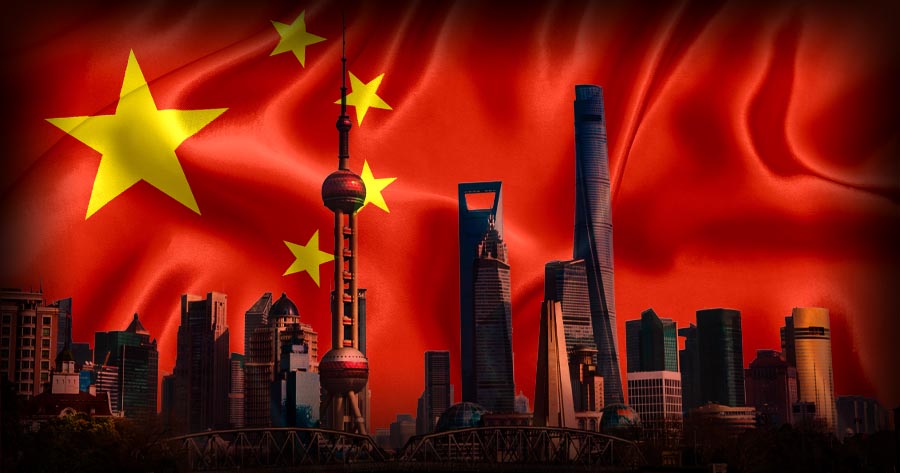China witnessed a higher-than-anticipated increase in consumer prices in July, rising by 0.5% from a year earlier, led by a significant spike in pork prices, as outlined in data released by the National Bureau of Statistics on Friday.
Analysts, as per Reuters’ survey, had forecasted a slight uptick in the consumer price index to 0.3% year-on-year in July, compared to 0.2% in June. This 0.5% CPI surge in July marked the highest jump since a 0.7% increase recorded in February, which coincided with China’s Lunar New Year celebration falling in that month.
Pork prices, a crucial component of China’s CPI, surged by 20.4% in July, marking the most substantial increase since December 2022, triggered by various factors affecting production such as diseases. In contrast, the core CPI, excluding food and energy prices, rose by 0.4% year-on-year in July, a decline from the 0.6% increase in June.
Chief Economist at ING, Greater China, Lynn Song, emphasized that while conditions are ripe for inflation to climb in the coming months, it should not hinder further monetary policy easing. Song suggested the possibility of at least one more rate cut within the year, with potential for additional cuts if global rate reductions accelerate.
Moreover, the report detailed a diverse trend in pricing, with tourism prices moderately increasing by 3.1% in July, education and entertainment prices rising by 1.7%, and transportation fuel costs elevating by 5.1% while prices for “transportation tools” declining by 5.6%.
Indicators in the real estate sector showed a continuing downturn, reflected in rental prices dropping by 0.3% year-on-year in July and a significant decrease of 1.8% in home appliance prices.





